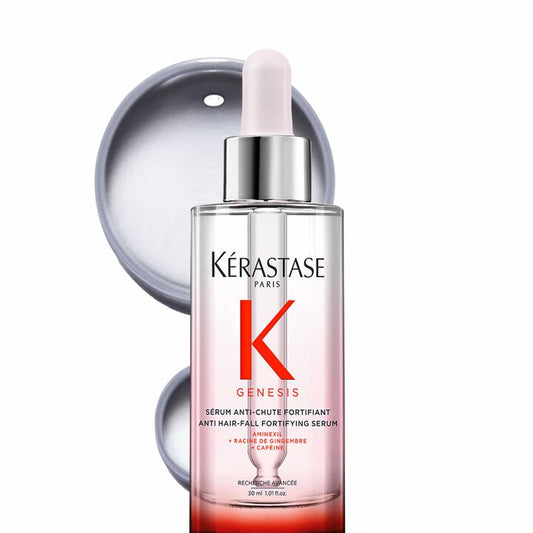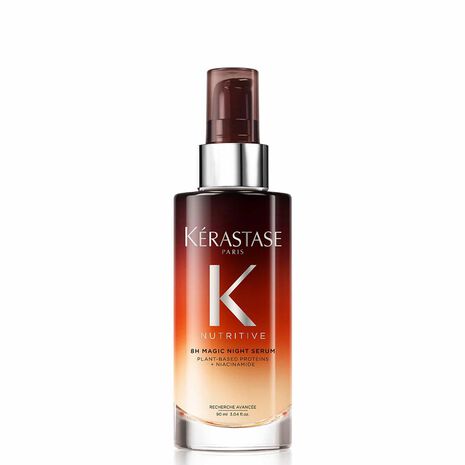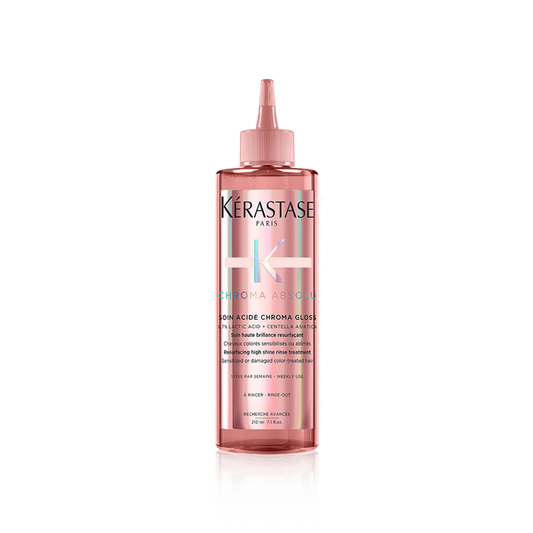Hair extensions are not inherently damaging to your hair, but improper application or removal can lead to problems. Whether you're looking to add length and volume or simply change up your look to style your hair, extensions can be a fantastic option. However, there's a common concern: do hair extensions damage your natural hair?
Understanding Hair Extensions
Hair extensions come in many forms, including clip-in hair extensions, tape-in hair extensions, keratin bond extensions, and halo hair extensions. Each method has its pros and cons, and understanding them can help you choose the best option for your hair type and lifestyle.
Clip-In Hair Extensions

Those who wish to change their appearance without a long-term commitment often will find clip-in extensions a great option since they are easy to put and remove.
Can clip-in extensions damage your hair? Although usually regarded as safe, incorrect use or misuse might cause some extension harm, such as straining on the natural hair, which over time could cause thinning or breaking. To reduce possible harm, always make sure they are not very tight; then carefully remove them.
Tape-In Hair Extensions

Medical-grade adhesive tape holds tape-in hair extensions fast to the hair. Laying flat against the skull, they give a natural appearance and feel.
Do tape extensions damage your hair? Among the hair extensions least damaging when used properly and kept clean are tape-ins. But, if misused, the glue dragging on your natural hair can cause damage at the roots or hair loss.
Keratin Bond Extensions

Keratin bond extensions, which are also called fusion or bond extensions, are put on to tiny bits of natural hair with keratin-based glue that is heated to melt the glue together.
Bond extensions: Do bond extensions damage hair? These extensions are very safe and can last for months, but you have to use heat to put them on. To avoid damage, it is important to use a heat protectant. It's important to have a professional put them on and take them off because improper removal can also do a lot of damage to the natural hair.
Halo Hair Extensions

Wefts and wires that sit on top of your head under your natural hair make up halo hair extensions, which are a newer way. You can escape damage because they don't attach directly to your hair.
Halo hair extensions are also less damaging as they don't pull on your hair and don't need glue or heat.
Pros and Cons of Hair Extensions
Each type of extension has its advantages and disadvantages. Here are some general pros and cons to consider:
Pros
- Length and Volume: Instantly adds length and volume to your natural hair.
- Styling Versatility: Allows for a variety of hairstyles that might not be possible with your natural hair alone.
- Confidence Boost: Enhances your overall look, which can boost confidence.
Cons
- Potential Damage: Improper application or care can lead to hair damage.
- Maintenance: Requires regular maintenance and proper care to keep both extensions and natural hair healthy.
- Cost: Quality extensions and professional applications can be expensive.
Tips for Minimizing Hair Extension Damage

To enjoy the benefits of hair extensions while minimizing potential damage, follow these tips:
Choose the Right Extension Type
Consider your hair type and lifestyle when choosing extensions. For example, if you have fine hair, tape-in hair extensions or halo hair extensions might be the best choice, as they are less likely to cause damage.
Professional Application and Removal
Always have your extensions applied and removed by a professional stylist. This is crucial to prevent extension damage and ensure your natural hair remains healthy.
Proper Maintenance
Maintaining your extensions is key to avoiding damage. Here are some maintenance tips:
- Brush Gently: Use a soft-bristle brush to avoid pulling on the extensions and natural hair.
- Wash Your Hair Carefully: Use sulfate-free shampoos and conditioners, and avoid washing your hair too frequently to prevent the adhesive from weakening.
- Avoid Heat: Limit the use of heat styling tools, and always use a heat protectant if you must use them.
- Regular Check-ups: Visit your stylist regularly to ensure the extensions are in good condition and to adjust them as needed.
FAQs
Can Extensions Damage Your Hair?
Yes, hair extensions can damage your hair if not applied, maintained, or removed correctly. Choosing the right type of extension for your hair type and ensuring professional application is key to minimizing risks.
What Are the Best Hair Extension Methods for Least Damage?
Tape-in hair extensions, halo hair extensions, and keratin bond extensions are among the methods considered to cause the least damage, especially when professionally applied and well-maintained.
How to Prevent Extension Damage?
- Choose High-Quality Extensions: High-quality, human hair extensions blend better with natural hair and are less likely to cause damage.
- Professional Services: Always seek professional services for application and removal.
- Follow Care Instructions: Adhere to your stylist's maintenance instructions to keep your extensions and natural hair healthy.
Conclusion

Although hair extensions are a great approach to improving the length and volume of your hair, it's important to choose the correct type and take care of them to prevent damage. Knowing the advantages and drawbacks of every hair-extending technique will enable you to decide with knowledge.
Visit our salon for professional advice if you want to guarantee your natural hair stays healthy and are thinking about extensions. Our knowledgeable stylists will assist you in choosing the ideal fit for your needs and hair type, therefore guaranteeing gorgeous, damage-free results.





